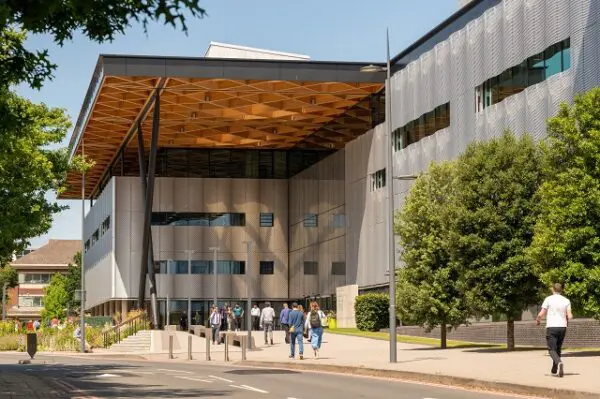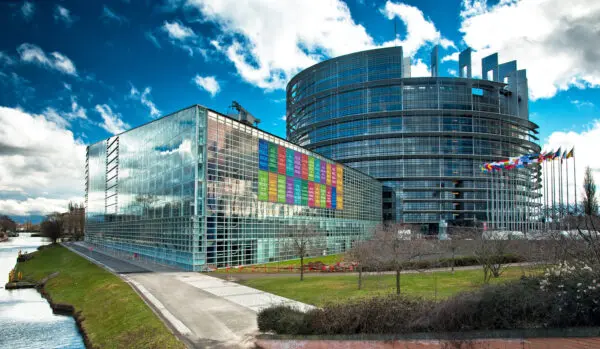
Coventry, United Kingdom
International Relations, Security and Development
When:
12 July - 01 August 2026
Credits:
4 EC
Read more
International Relations
When:
10 July - 23 July 2022
School:
Institution:
Masaryk University
City:
Country:
Language:
English
Credits:
3 EC
Fee:
400 EUR


Rapid transition to renewable energy, skyrocketing prices of electricity and natural gas, reliance on oil imports
from authoritarian and openly hostile regimes, local opposition to new energy installations, increasing energy
poverty, or looming impoverishment of once proud coal regions. These are just a few examples of major
challenges faced by many countries around the world, including the European Union.
The presented summer school provides its students with deep insight into these challenges and, using
interactive tools and in-class discussions, cultivates the students’ ability to interpret them within the complex
patchwork of European climate and energy policy.
The school spans over two weeks. The first week is dedicated to the socio-political and techno-economic
characteristics of the European energy landscape and sets the stage for the second week, during which the
contemporary challenges and paths forward are discussed. An integral part of the curriculum is a discussion
session with the Czech Ministry of Foreign Affair’s Special Envoy for Energy Security.
The curriculum requires no specific previous knowledge, and all information is presented in non-technical
language. Students of all fields and degrees are welcome.
The school is presented by professors of the Energy Policy Studies program, one of the leading energy
research and education institutions in continental Europe, thus securing high academic standards and quality
of the presented topics. The program’s summer school has a ten-year history with 173 satisfied graduates of
35 nationalities from all around the world.
Week 1: Energy in Europe: The Basics (July 11-15, 2022)
Mo 1) Electricity industry: how it works? I (T. Vlček)
2) Electricity industry: how it works? II (T. Vlček)
3) Electricity industry: how it works? III (T. Vlček)
Tu 4) Conventional electricity generation I (T. Vlček)
5) Conventional electricity generation II (T. Vlček)
We 6) Introduction to electricity markets (J. Osička)
7) Renewable energy: deployment and integration (J. Osička)
Th 8) Renewable energy: money and investment (J. Osička)
9) Renewable energy: politics and society (J. Osička)
Fr 10) EU energy policy principles I (V. Zapletalová)
11) EU energy policy principles II (V. Zapletalová)
Week 2: Energy in Europe: Challenges and Paths Forward (July 18-22, 2022)
Mo: 12) Introduction to energy and society (H. Koďousková)
13) Supply security and geopolitics I (M. Jirušek)
14) Supply security and geopolitics II (M. Jirušek)
15) Behind the scenes of the EU energy policy (V. Bartuška)
Tu 16) Social movements for climate change (L. Lehotský)
17) Social movements against energy projects (L. Lehotský)
We 18) Energy efficiency and savings (L. Lehotský)
19) Coal phase out in Europe (L. Lehotský)
Th 20) Energy poverty in the EU and CEE countries (H. Koďousková)
21) Energy poverty: major causes and consequences (H. Koďousková)
Fr 22) Energy transition I (F. Černoch)
23) Energy transition II (F. Černoch)
Tomáš Vlček, Jan Osička, Veronika Zapletalová, Václav Bartuška, Martin Jirušek, Helena Koďousková, Lukáš Lehotský, Filip Černoch
The curriculum requires no specific previous knowledge, and all information is presented in nontechnical language. Students of all fields and degrees are welcome.
This course falls under Masaryk University's 'Intensive Summer School'. Students will study their classes in the morning and in the afternoon be free to participate in social and cultural activities arranged in and around Brno.
Fee
400 EUR, The full cost of this programme is €1000. The cost breakdowns as follows: €400: - tuition fees €600: - Accommodation in Brno (10-23 July) - Opening and Closing receptions - Culture activities around Brno - Day trip to Prague or Vienna - 24/7 support - Social programme A €100 discount is available for students from partner universities Students should budget an additional €200-500 depending on their spending habits for food (breakfast, lunch, dinner) and fun "optional" activities in Brno.
Fee
350 EUR, discount for partner university students
When:
10 July - 23 July 2022
School:
Institution:
Masaryk University
Language:
English
Credits:
3 EC

Coventry, United Kingdom
When:
12 July - 01 August 2026
Credits:
4 EC
Read more

Brussels, Belgium
When:
18 June - 27 June 2026
Credits:
6 EC
Read more

Strasbourg, France
When:
12 June - 26 June 2026
Credits:
6 EC
Read more